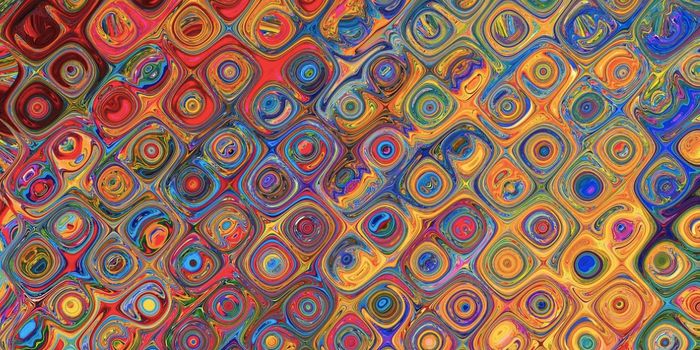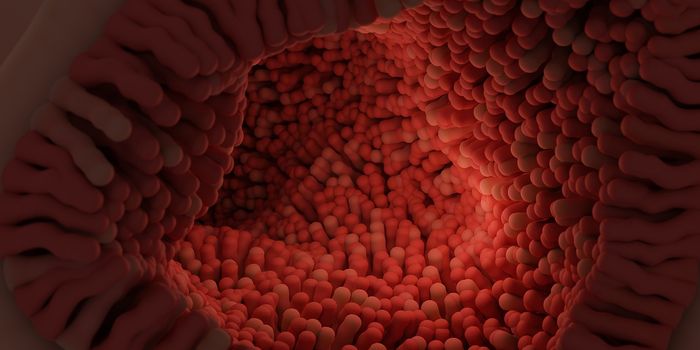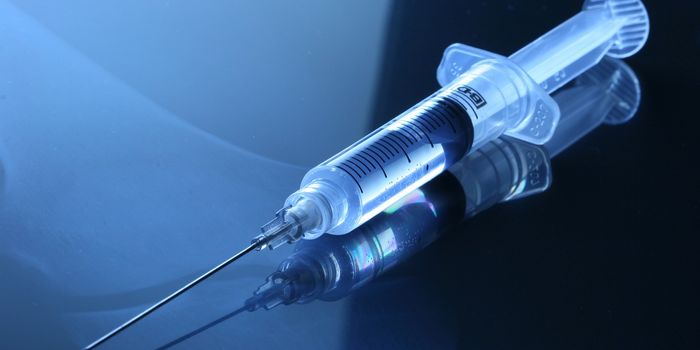Can't Shed Those Extra Pounds? An Inflammatory Gene Could Be to Blame.
Australian scientists have zeroed in on a gene linked to an increased obesity risk: a regulator of inflammation called RIPK1. In a study published in Nature Metabolism, the researchers demonstrated that turning RIPK1 off in mice stopped weight gain despite the animals being on a high fat diet.
Denuja Karunakaran from the University of Queensland, a senior author of the study, said the project aimed to generate genetic evidence to link inflammation and obesity. This would disprove the commonly believed notion that obesity was simply a result of too many calories and too little exercise.
In a study involving 2000 participants, more than half of which were classed as extremely obese, Karunakaran and colleagues saw subtle changes in RIPK1 in the fat tissue of the obese individuals.
“RIPK1 is essential for a healthy immune response, but it also causes hyper-inflammation when it ‘goes rogue’, explained Karunakaran, who added, “By finding an increased amount of this inflammation-related gene in obese people, we can confidently say that inflammation increases the risk of obesity.”
To understand whether switching off RIPK1 could have a therapeutic benefit for obese patients, the team studied the effects of gene activation on weight gain in mice fed a high calorie diet. The mice that were genetically engineered to have no RIPK1 activity did not become overweight and had a lower risk of diabetes compared to their genetically-unaltered counterparts.
“In obesity, the immune cells are working in overdrive, causing damaging inflammation when they don’t switch off,” said Karunakaran.
“By understanding more about these inflammation pathways, we can find ways to intervene to treat obesity, especially in specific groups of people.” The team found that RIPK1 variations are relatively rare, occurring in around 10 percent of the population — which could account for those who have difficulty losing weight despite eating healthy and maintaining an active lifestyle.
Sources: University of Queensland, Nature Metabolism.









